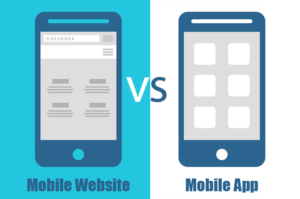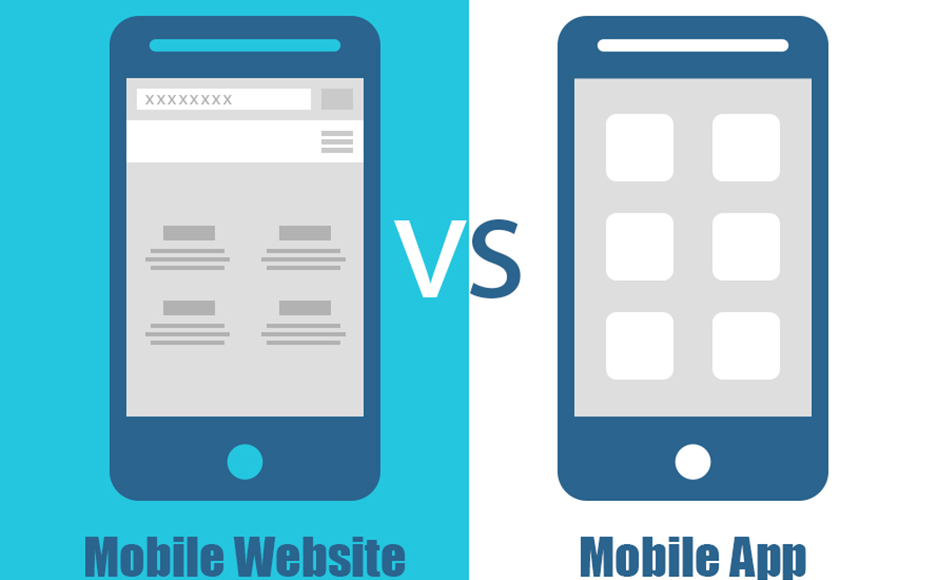
App Conversion Rates Are Far-Higher Than Mobile Websites. Here’s Why:
The impact of launching a mobile app on e-commerce conversion rates can vary based on industry, app quality, and user engagement strategies. However, studies and industry reports consistently suggest that commerce-enabled apps generate notable increases in conversion rates. This metric, more than any other, is key to calculating app project ROI.
On average, retail and wholesale businesses that launch a mobile app see a 20% to 30% increase in conversion rates compared to their browser-accessed commerce-enabled mobile websites.
Here are some factors that contribute to this conversion lift:
- Faster Load Times: Apps cache data on-device, so they are optimized for speed and efficiency. This means snappy load times compared to mobile (browser-based) websites. Faster performance can reduce bounce rates and increase the likelihood of a user completing a purchase.
- Stronger Intent-To-Buy: When a user opens an app, they are not typically discovering a brand or shopping for a product they might or might not purchase. They are “buying” and this intent to buy translates to far-higher average sales conversion rates for apps.
- Better, Smoother Checkout Process: Apps offer a more streamlined and user-friendly checkout experience. Features like saved payment information, one-click purchasing, and easy access to previous orders make the checkout process smoother and faster.
- Personalization: E-commerce-enabled apps deliver a more-personalized shopping experience by leveraging user data to provide tailored product recommendations, customized promotions, and targeted content based on browsing history and preferences. Wish lists and other features can mean pre-set orders are “fed” to app users. Order guides are very popular, especially for B2B apps.
- Push Messaging: Apps enable businesses to send push notifications directly to users who are pre-qualified to be interested (since they have voluntarily downloaded the app for that business). Push notifications are inherently opt-in and are opened are very high rates because they inform customers about special offers, reminders for abandoned carts, new arrivals, coupons, special deals and more, driving engagement and subsequent conversions.
- Better User Experience: Apps offer a more controlled and consistent user experience. They are designed specifically for mobile and to fit the device’s screen and capabilities – which often results in a more intuitive and pleasant browsing experience compared to the web-based variability of browser-based websites.
- Offline Access and “Order Stacking”: Some functionalities in apps can work offline or with intermittent connectivity. This means users can browse products, access previously viewed content, and even complete transactions without needing a constant internet connection. Then, when connectivity is reestablished, the app can be programmed to send the “stacked” orders that have been cached on-device. For B2B sales reps, this can be a game changer.
- Enhanced Engagement: Apps tend to foster higher user engagement through features like in-app games, loyalty programs, and social sharing options. Increased engagement can lead to more frequent visits and higher chances of making a purchase.
- Easy Reordering: Apps can simplify the reordering process by allowing users to quickly purchase items they’ve bought previously, saving time and reducing friction in the purchasing process. Apps are really good at 1-click checkout.
- Integration with Device Features: Apps can leverage device-specific features such as the camera for scanning barcodes or QR codes, GPS for location-based offers, and biometric authentication for secure logins, all of which can enhance the shopping experience and make it easier to complete transactions.
- Customer Loyalty: Apps often integrate loyalty programs and exclusive offers that can reward frequent shoppers, creating a sense of value and incentivizing repeat app-based purchases.
These factors combine to create a more efficient, engaging, and personalized shopping experience, which can significantly boost conversion rates compared to mobile websites. Retailers that invest in high-quality, feature-rich apps tailored to their current operations are likely to see more significant improvements in conversion rates.
At Unbound Commerce, we specialize in leveraging and extending existing wholesale or retail eCommerce website features and functionality into an app. We build two apps at once, and offer custom coding to ensure all 3rd party features work.
Unlike “click to create” so-called “no-code” options (the usually charge extra for any and all custom work), we build apps once, the right way, and the conversion rate increase results speak for themselves.

